WhoisXML API is thrilled to introduce a new version of Website Categorization API and Website Categorization Database. The product line now offers an enhanced website categorization model with additional context and is powered by advanced artificial intelligence (AI) algorithms, offering overall better stability and accuracy.
The website categorization products can classify websites into 83 categories, allowing more precise and hyper-targeted website categorization. The API results and database files continue to show the confidence score for each category and a website’s country code for transparency and geographical context.
Specific improvements to the website categorization products include:
– New output fields: A website’s domain creation date from its WHOIS record and its Autonomous System (AS) details from its IP address, including its AS number, domain, name, route, and type.
– Granular categories: The new version includes categories like Malware Sites, Gambling, Spam URLs, and 80 other more targeted website categories.
– Daily updates: The website categorization intelligence sources are updated daily to keep up with the dynamic changes in website usage.
Also Read: Highwire PR Taps Margaret Cote as First Head of Insights and Analytics
With better stability and more contextual information, Website Categorization API and Website Categorization Database can significantly enhance specific business processes, including:
– Content filtering: Block access to websites belonging to suspicious, malicious, and nonwork-related categories. Enrich this tactic further with IP- and domain-related context.
– Newly registered domain (NRD) blocking: Prevent users from accessing NRDs that are likely part of threat actors’ malicious campaigns.
– Cyber investigations: Trace the AS routes and gather other critical data points related to websites to investigate malicious activities.
– Market analyses: Analyze local online traffic and determine dominant industries or companies to gain regional market insights.
– Business-to-business (B2B) lead generation: Identify potential leads and develop targeted marketing campaigns.
SOURCE: CMSWire

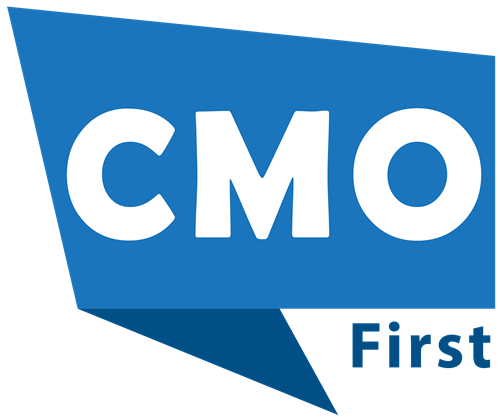





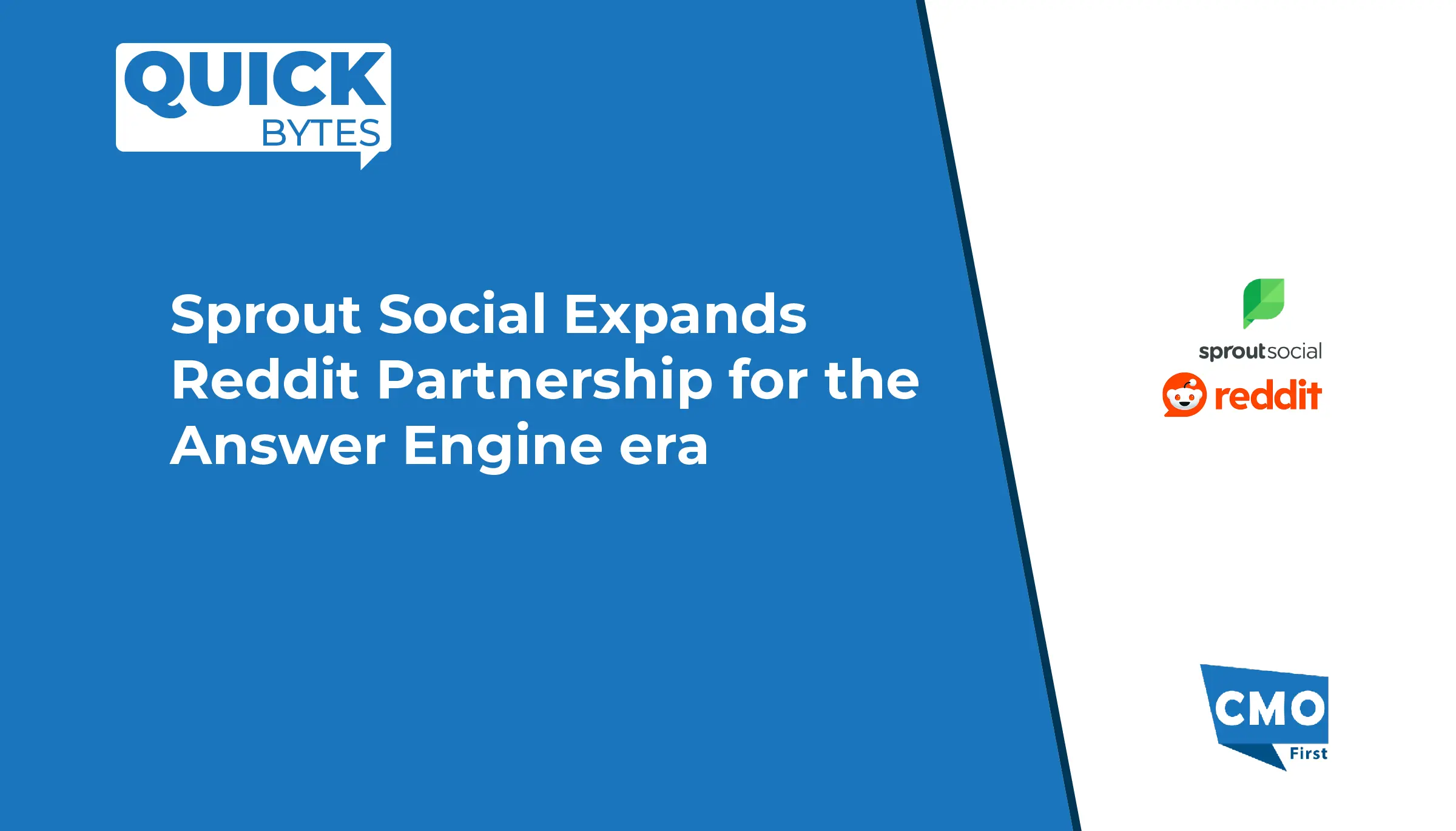
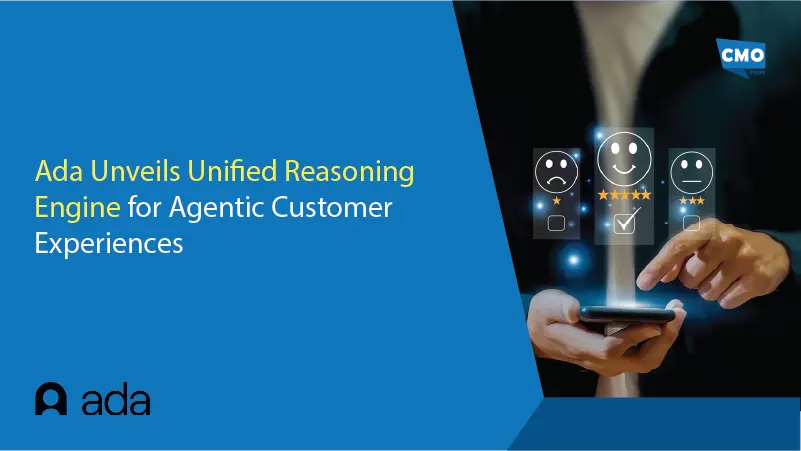






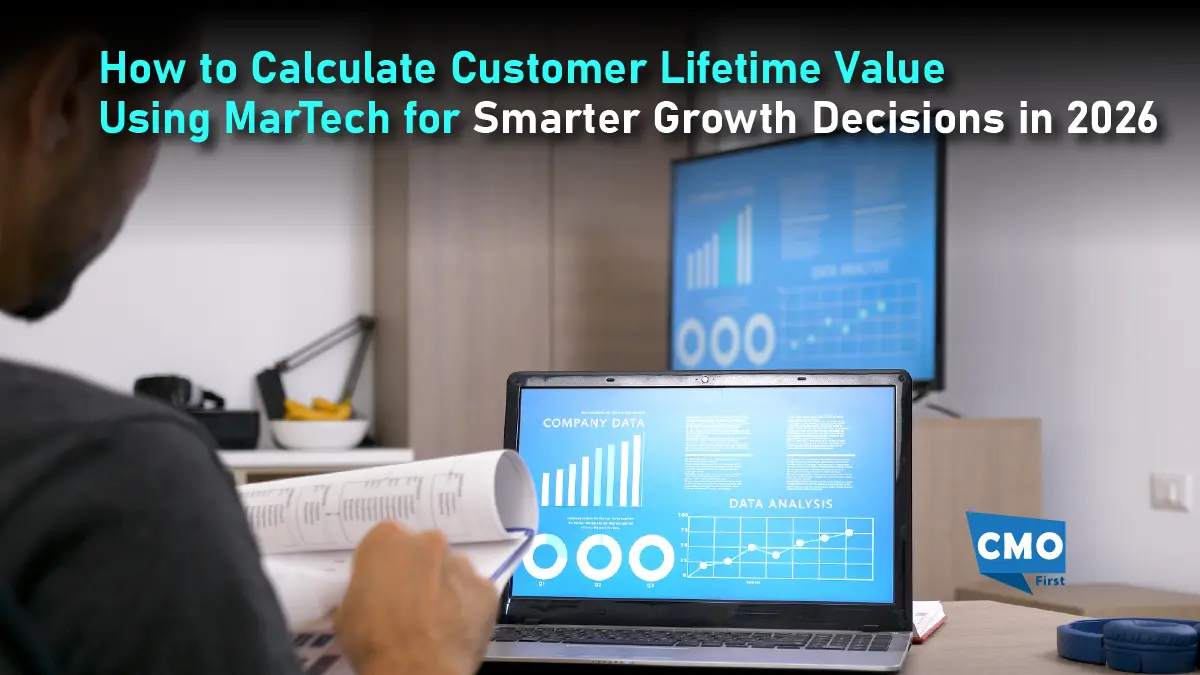

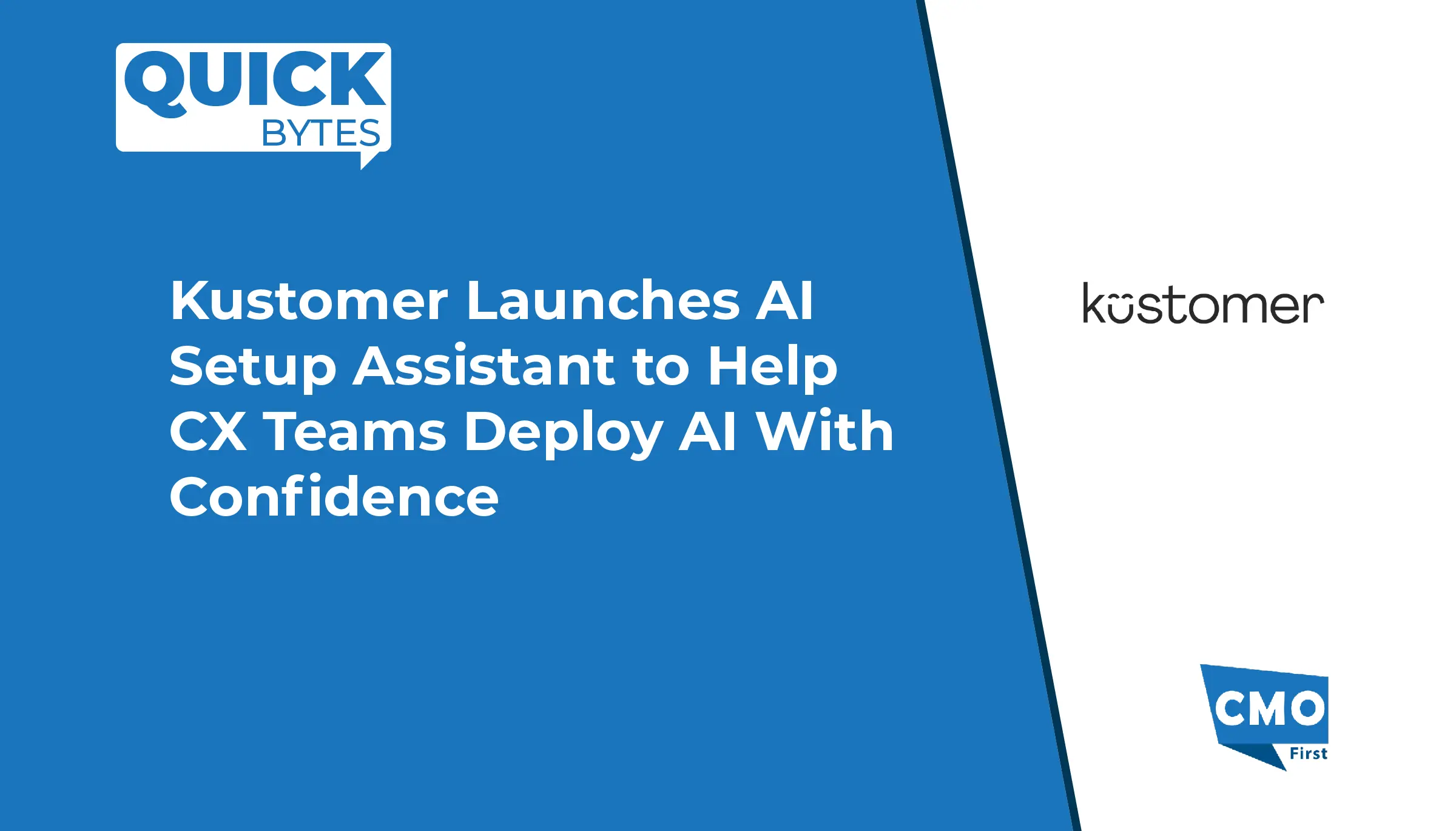







Leave a Reply